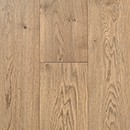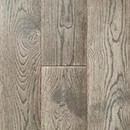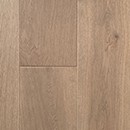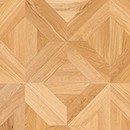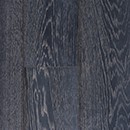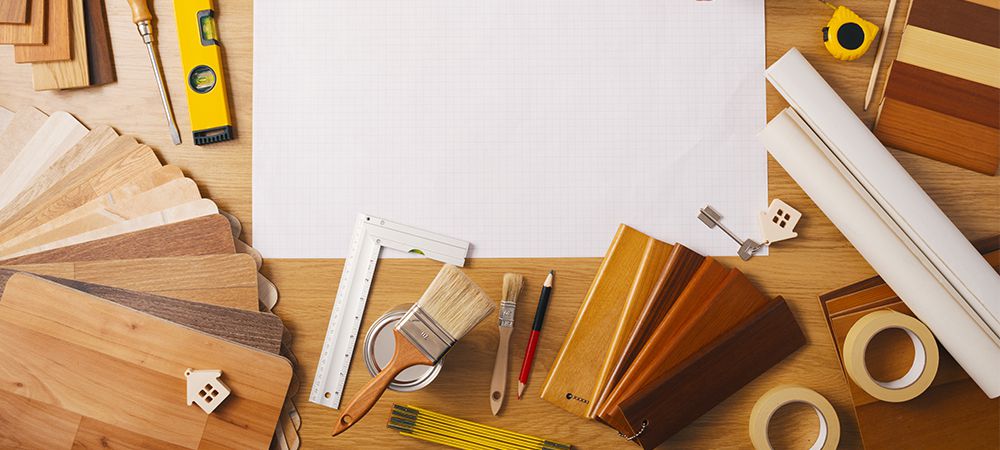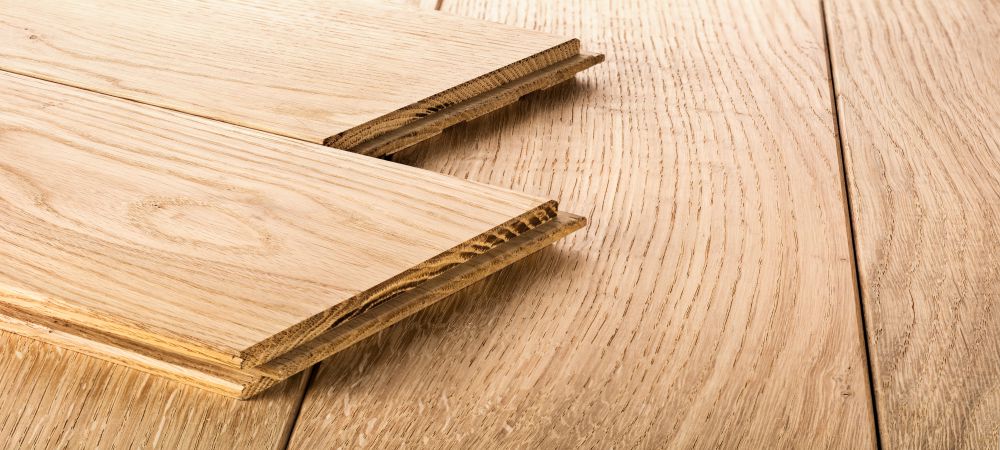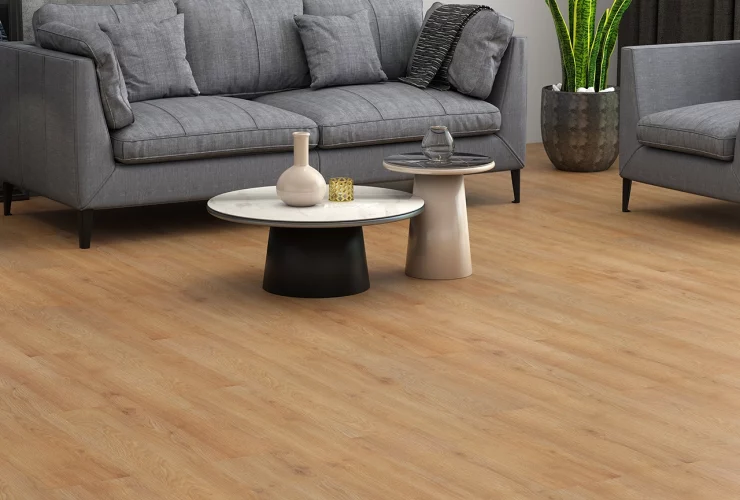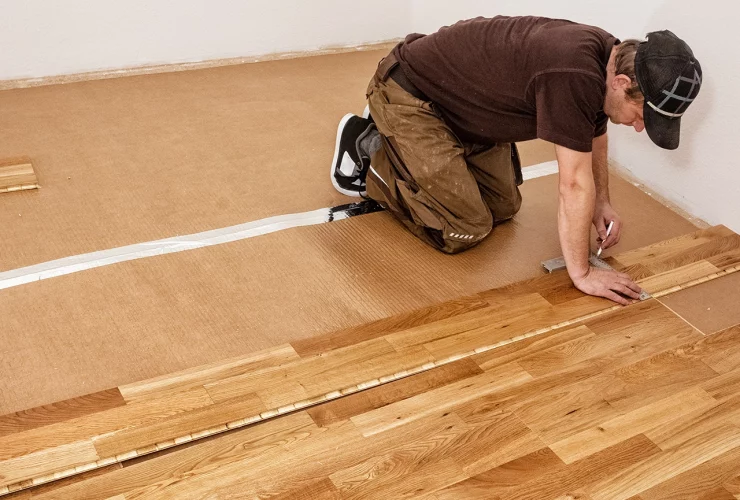Difference Between Hardwood and Engineered Hardwood
There are various types of flooring options in the market today. Some are made from plastic, cement, tiles, softwood, hardwood, and other materials that can be used to form flooring panels. There are even multiple kinds that each type of flooring panels can be made of. Just like hardwood flooring, this can be made from multiple kinds of flooring panels. People should know the differences of the kinds of hardwood flooring panels to find out the characteristics that would best fit their design and requirements. This article will be discussing hardwood flooring panels and the differences of each kind of hardwood flooring.
Things You Must Know About Hardwood Flooring
Hardwood flooring is one of the most purchased types of flooring within the province of Ontario, Canada. The flooring panels are created out of the solid wood coming from hardwood trees. These are deciduous trees. This means that hardwood trees grow at a slow rate. This is why hardwood trees are naturally denser than any other type of trees. Higher density makes a tree stronger. Among hardwood trees, the type of environment from where they grew up is an important factor that will determine their characteristics.
For hardwood trees that grow up in Europe, the extreme climate changes have helped the trees develop finer grains. This adds to the strength of the hardwood trees that are harvested in Europe. Another thing that will help develop the resistance of hardwood flooring is the way manufacturers are processing the trees. The methods, techniques, and materials used on the hardwood flooring panels help improve their strength and resistance against different external pressures. This can be seen with the Janka rating of different hardwood flooring panels. By subjecting the solid wood material with a Janka hardness test, you will be able to determine the hardness of each hardwood material. This test is done by embedding a piece of steel ball into a piece of wood. The Janka rating shows how much force was used to embed the ball halfway into the piece of wood.
Solid Hardwood Flooring And Its Benefits
Hardwood flooring panels are divided into 2 kinds. One of these kinds is solid hardwood. Solid hardwood can be easily determined because it uses only the solid wood material coming from the hardwood trees. With this kind of hardwood flooring, the solid wood material is cut and formed into a piece of flooring panel. This is what makes solid hardwood flooring one of the most costly types of flooring materials. The use of pure solid hardwood means that the flooring panels will fully utilize the characteristics of hardwood against external pressure. However, solid hardwood flooring is subdivided into 2 types as well. These types include solid unfinished hardwood flooring and solid prefinished hardwood flooring. The difference between the two types is that manufacturers expose solid prefinished hardwood flooring to sanding and sealing before they are released into the market. Solid unfinished hardwood flooring panels are basically pieces of solid wood formed into flooring panels. They are released to retailers and customers as they are. With solid prefinished flooring panels, they are first sanded to make them smooth. They are then sealed, usually with polyurethane. This makes them more resistant against wear and tear. They are also stained to accentuate the color and beauty of the natural wood. Protective coatings are also added to make them more resistant to heat and moisture. After undergoing these processes, manufacturers will then release them to retailers and customers. With regards to the benefits given by solid hardwood flooring, you may refer to the following list:
- Solid hardwood flooring gives the house a beautiful and natural look. Depending on the kind of hardwood used, the grain and color may exude an elegant look to the room.
- This type of flooring is usually the closest to giving your flooring the full characteristics of the hardwood tree it came from. The natural strength and durability of the hardwood tree is fully used by your flooring.
- For houses located in areas that do not experience climate changes, solid hardwood flooring is the most ideal to use.
- It can be refinished multiple times. Having a thickness of at least 3/4”, the flooring panels can be fixed and revived to make them last as long as possible.
- With its durability and elegance, solid hardwood flooring is known to help increase the value of the house.
- Using solid hardwood flooring is environmentally-friendly. Solid unfinished flooring panels have no chemicals applied to them. With solid prefinished flooring panels, fewer chemicals may be used to seal and protect them. However, some manufacturers may even use organic materials to seal and protect them.
- Solid hardwood flooring panels are easy to clean and maintain. Damages or scratches may be easily fixed without the need of replacing the whole flooring panels.
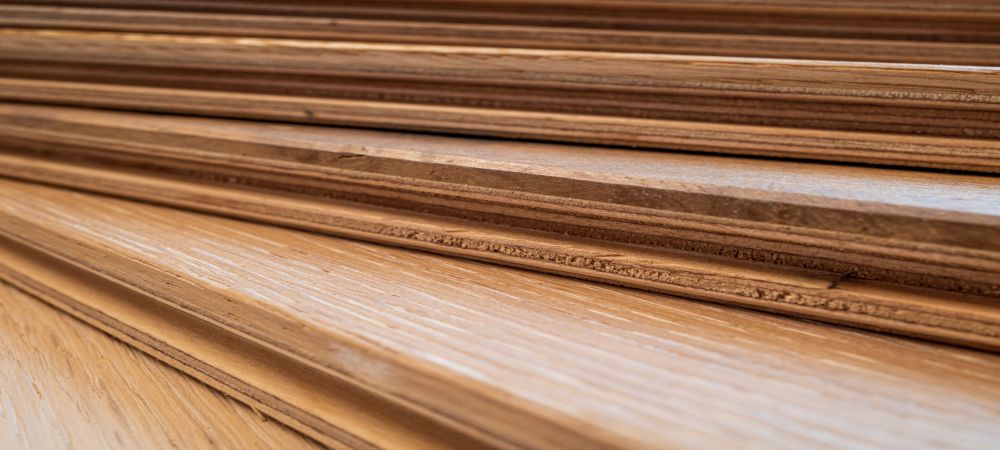 Engineered Hardwood Flooring And Its Benefits
Engineered Hardwood Flooring And Its Benefits
Manufacturers produce this type of flooring by bonding together multiple plies of wood veneer. There are usually 5 to 6 wood veneers used to create a flooring panel. The veneers are bonded together using a very strong adhesive. Solid hardwood is used as the top veneer of the flooring panel. This will be used as a way to determine the type of hardwood the flooring panel came from. Also, the top veneer is also called the wear layer. This will be the surface that will be exposed to pressures like foot traffic. The other plies of wood veneer are usually made from plywood or softwood. The greater the number of veneers used will help make the flooring panels stronger. Engineered hardwood flooring panels are also sanded, sealed, and applied with protective coatings. After the final coating has dried, the manufacturers can then send them out to their customers and retailers. For the benefits given by engineered hardwood flooring, you may refer to the following list:
- Compared to solid hardwood flooring, this type is best used in areas that regularly experience extreme climate changes. Wood is known to be easily affected by heat or cold temperatures. Solid hardwood flooring has the tendency to expand when it is exposed to heat. This will cause the flooring panels to rise up and get deformed. If the area is experiencing cold weather, solid hardwood flooring will shrink. This is the reason why gaps are formed on the hardwood flooring. These problems are avoided when you use engineered hardwood flooring. With the high-quality adhesive, sealant, and protective coatings added to the flooring panels, heat and cold weather will not cause the flooring panels to change in size and shape. The flooring panels will attain their form all throughout the year.
- This type of flooring also exudes the beautiful aesthetics of any hardwood tree used on the top veneer.
- Engineered hardwood flooring is also more durable than other types of flooring options. It may take a couple of years before maintenance or replacement may be needed.
- It is relatively cheaper than solid hardwood flooring. After it is installed in the house, there is no way to determine whether it is engineered hardwood or solid hardwood. It has the characteristic to help increase the value of the house.
- Since the top layer is made of pure solid hardwood, it can also be refinished multiple times. The wear layer of an engineered hardwood flooring panel can have a thickness between 3 mm to 7 mm. This means that it can be sanded for about 3 to 6 times. Each time you refinish your hardwood flooring, the life of the flooring panels can be extended for about 5 years.
- Just like solid hardwood flooring, it can also be easily cleaned and maintained. Replacement may be avoided by doing simple fixes to the flooring panels.
- There are multiple ways to install engineered hardwood flooring panels. They may be glued or nailed down to the subfloor. It is also possible to float them. This is because engineered hardwood flooring panels are able to withstand heavier foot traffic. This type is also not really dependent on a specific type of subfloor. Compared to solid hardwood flooring, this can be placed directly on a concrete subfloor.
Choosing Between Hardwood Flooring Depends on the Situation and Preference
Hardwood flooring is a very stable flooring option for any type of environment. However, choosing between the types of hardwood flooring is a concern that can only be answered by the preference and circumstances of the owner. One needs to consider the different characteristics and benefits of each type of hardwood flooring. Choosing the most cost-efficient option is important for a person to avoid regrets in the future. If you are having a hard time choosing, it is highly recommended that you get in touch with a trusted floor installer or supplier within your area.
By asking help from experts, your requirements will be thoroughly evaluated. These professionals will then be able to advise you on the best type of hardwood flooring you should be installing. For any concerns about any type of hardwood flooring, you may contact Three Trees Flooring at (416) 665-2624.


